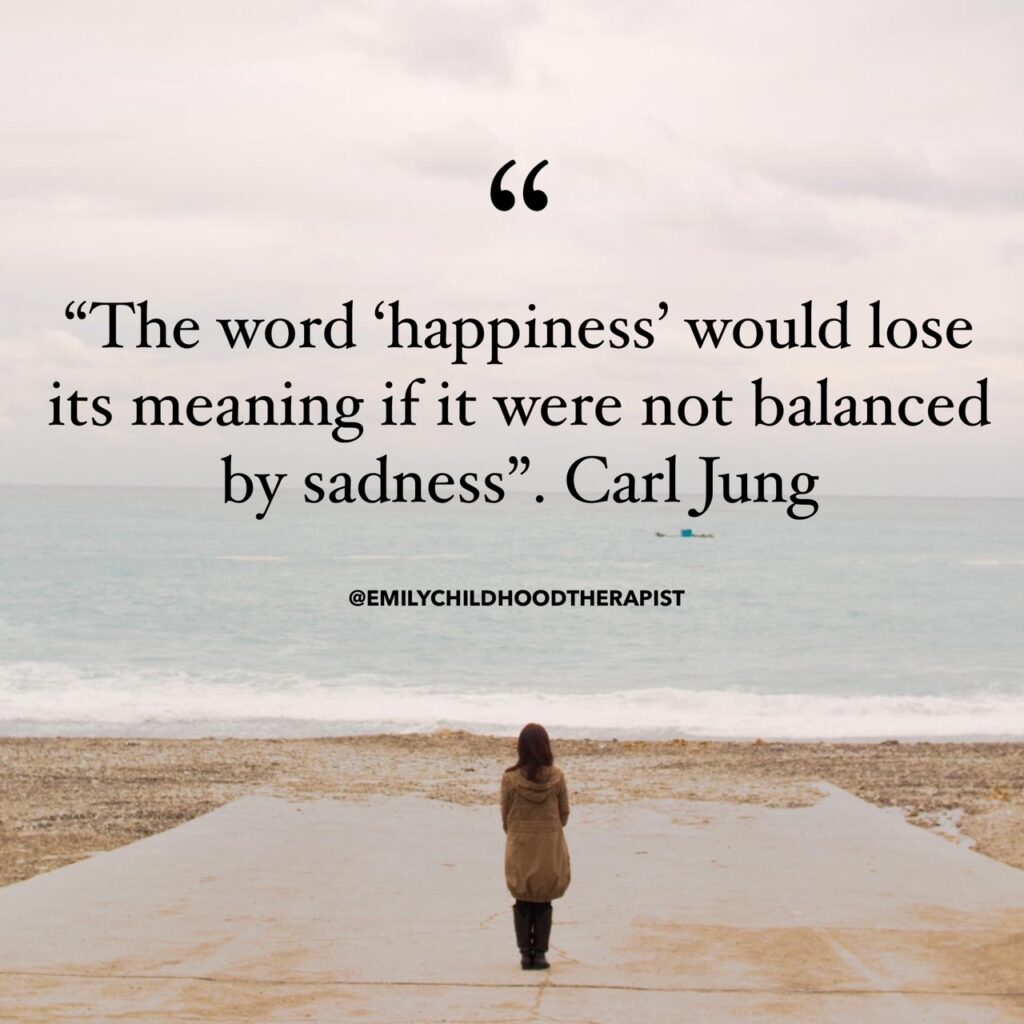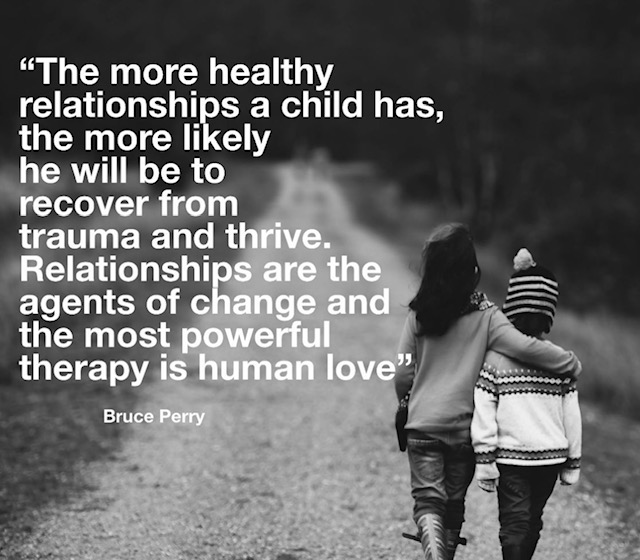
As a millennial, I’ve grown up in a very different time than my parents and even my older siblings. In previous times, Therapy was viewed with tremendous stigma, and treated like a last resort, when in reality, therapy should be our first option. Thinking back to our parental figures, and the historic time, emotions were viewed as an inconvenience, hindrance, or downright inappropriate. I grew up in a home where the idea of being stoic was equated with “strength”. Ironically, I’ve spent my entire adult life undoing this thinking, and truly believe the idea of being “stoic” is the ultimate weakness, disconnection, and loss of humanness. Think about it, our brains are quite literally hard wired for connection with other humans. Regardless of our Socioeconomic status, race, culture, political beliefs, or schooling, we all have shared emotions. We have all experienced death, loss, sadness, disappointment, anger, fear, and joy. The human spectrum of emotion is actually quite incredible when you’re courageous enough to allow yourself to feel it.
You see, when you live in this “stoic” way, you’re not as “stoic” as you think. Your emotions, feelings, repressed traumas, and repressed needs come out in other unhealthy and dysfunctional ways, such as trying to control everything around you to get your needs met instead of learning how to clearly express needs, passive aggressive comments and actions, anger outbursts, anxiety, disconnection and so much more. If you were raised in an emotionally unexpressive family, this may sound familiar. You may find it hard to share your emotions with others, to understand your feelings, or avoid your emotions like the plague and focus on achievement instead. and yet, it somehow still feels “off”, you don’t quite feel happy or satisfied, and the achievement that you believed would make you happy, just doesn’t feel the way you thought.
In Graduate school, I took a course called mindful therapist. During this course we spent a lot of time meditating, unveiling our repressed emotions, and opening ourselves to those feelings completely. I remember writing a journal after a particularly powerful moment in meditation, and saying, “imagine what the world could be if we were to greet our emotions as they arise, and accept them completely, as opposed to constantly pushing them away, numbing them or fearing them”. This is what I think therapy is truly about, learning to greet, accept and cope with those feelings. The reality of life is, we will always experience pain and suffering, but the more we avoid and run from this pain and suffering, the more pain and suffering we actually experience. When we numb the painful emotions, we numb all emotions and limit our ability to experience our positive emotions as well. The literal definition of happiness is the absence of pain, meaning, if we did not feel pain, we could not feel happiness. If you are struggling with this or want to begin to break those generational patterns, to create something new for your life, reach out, and let’s begin to help you live fully, and honestly.

